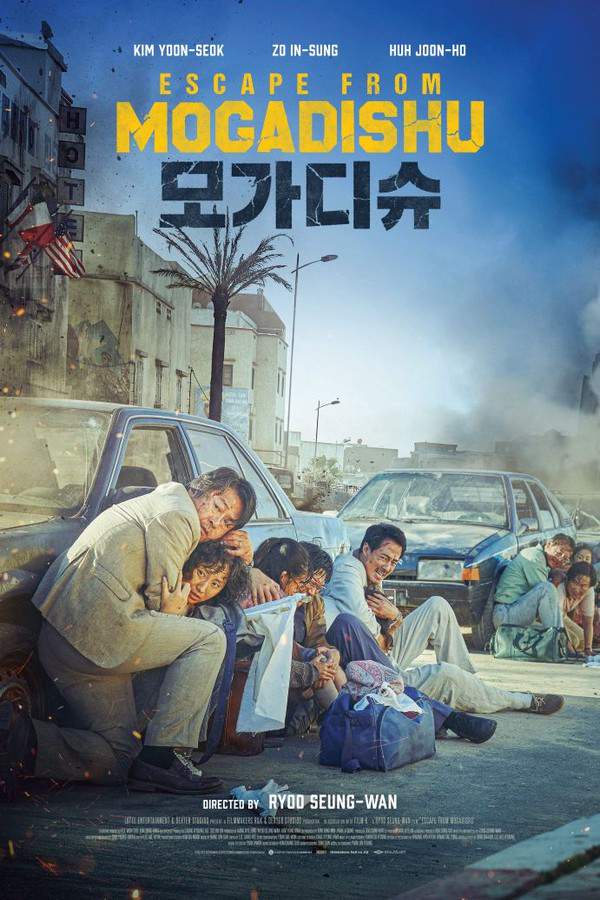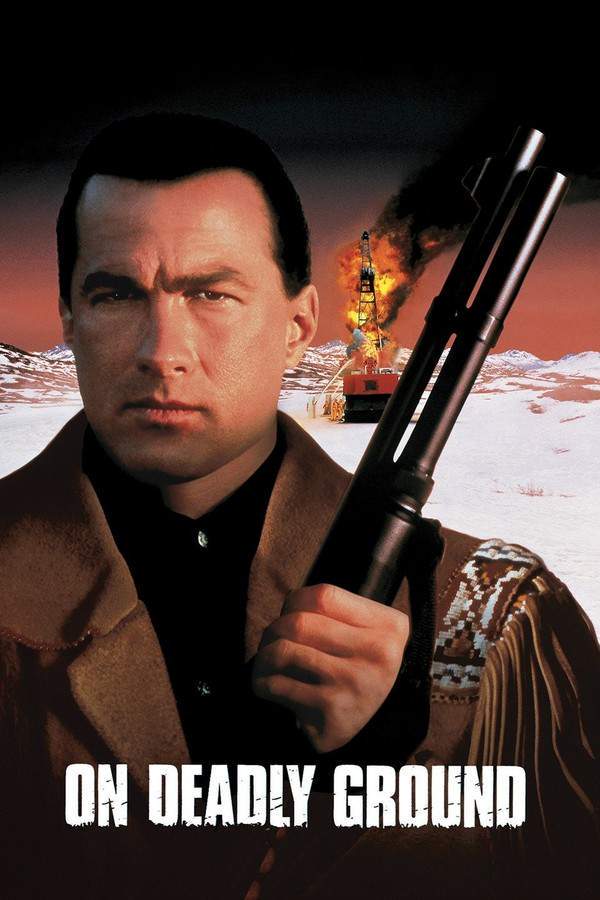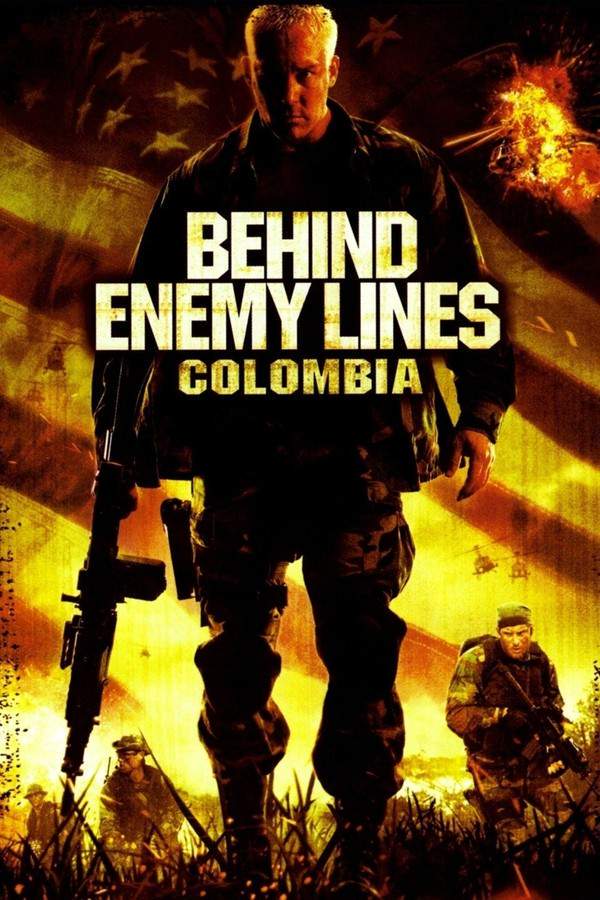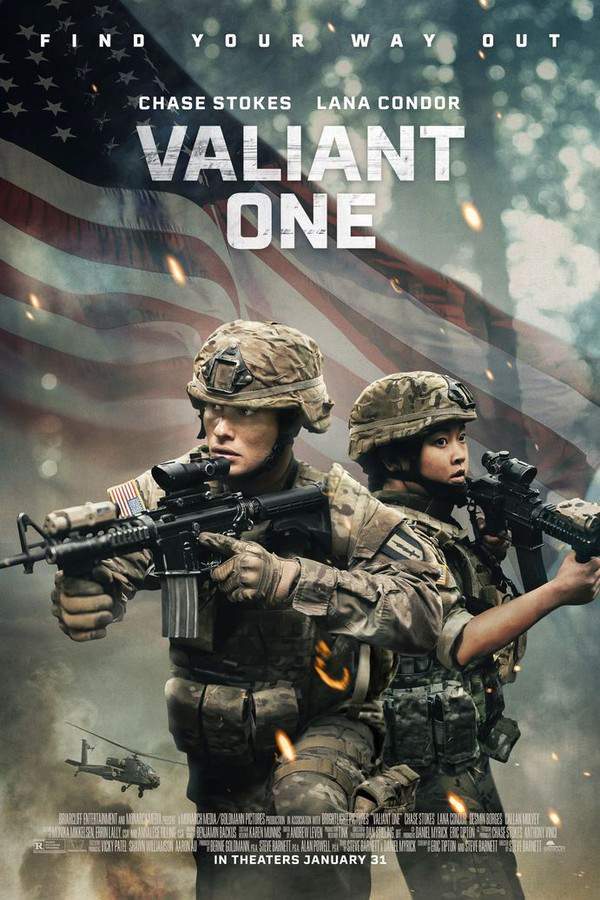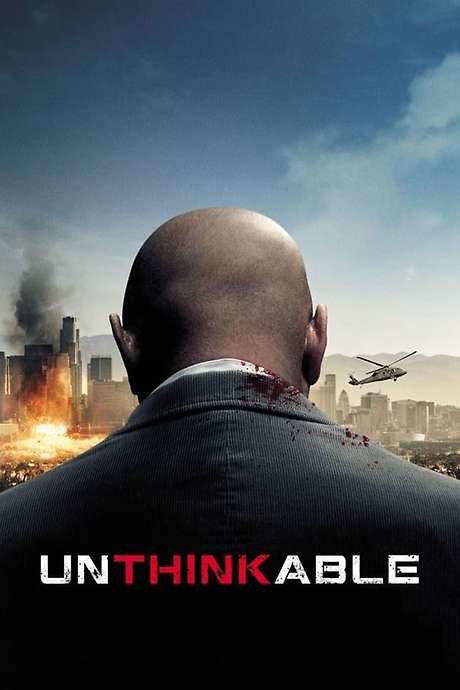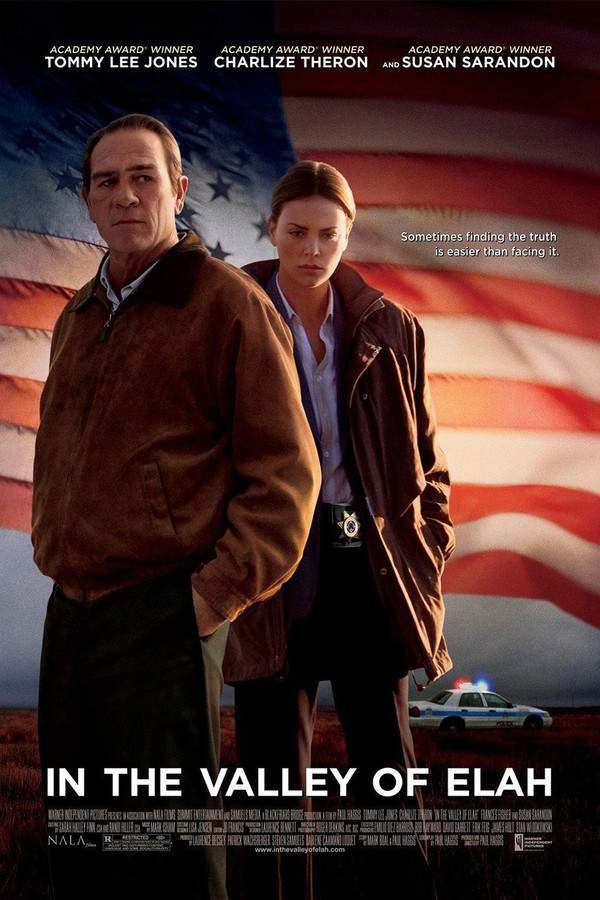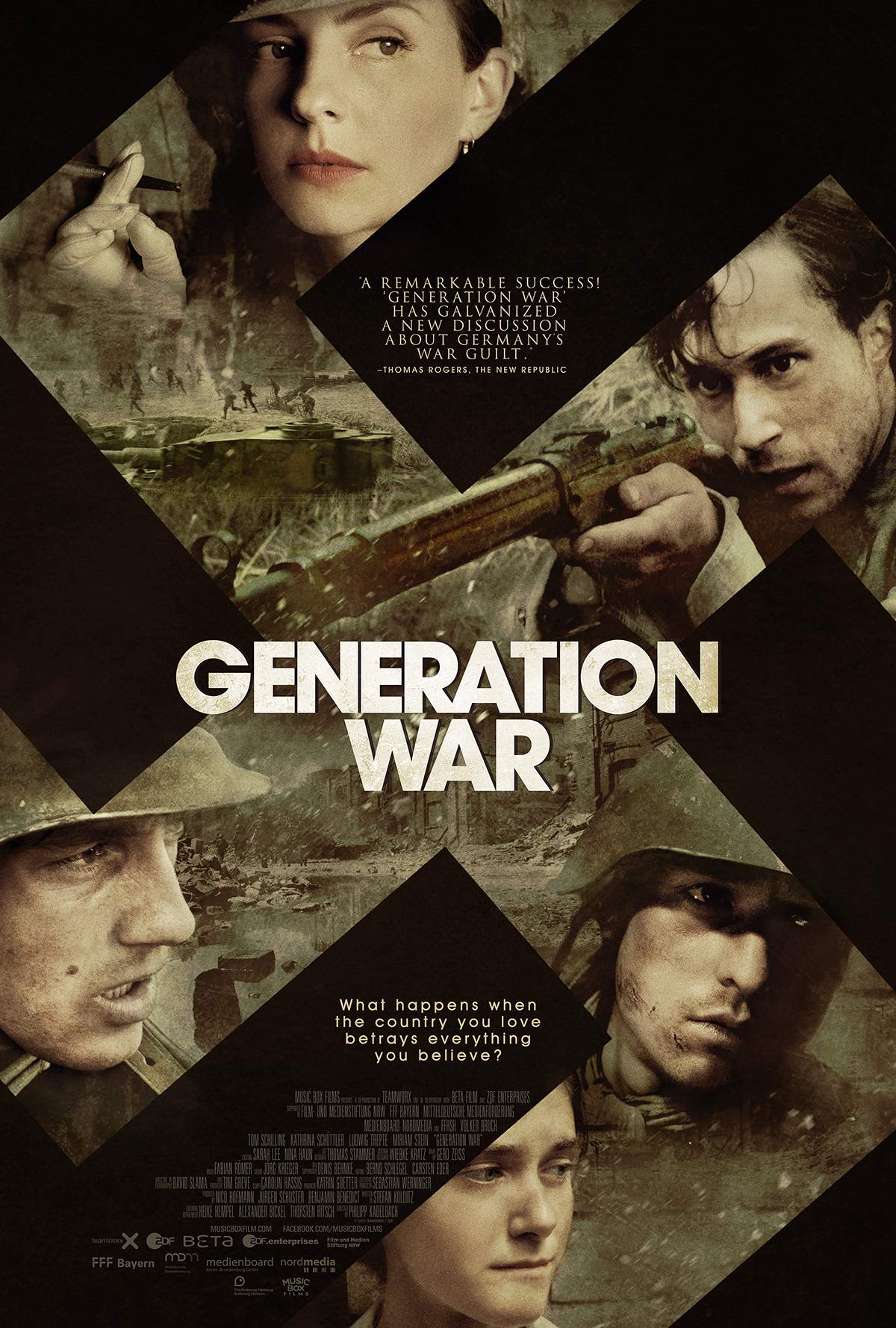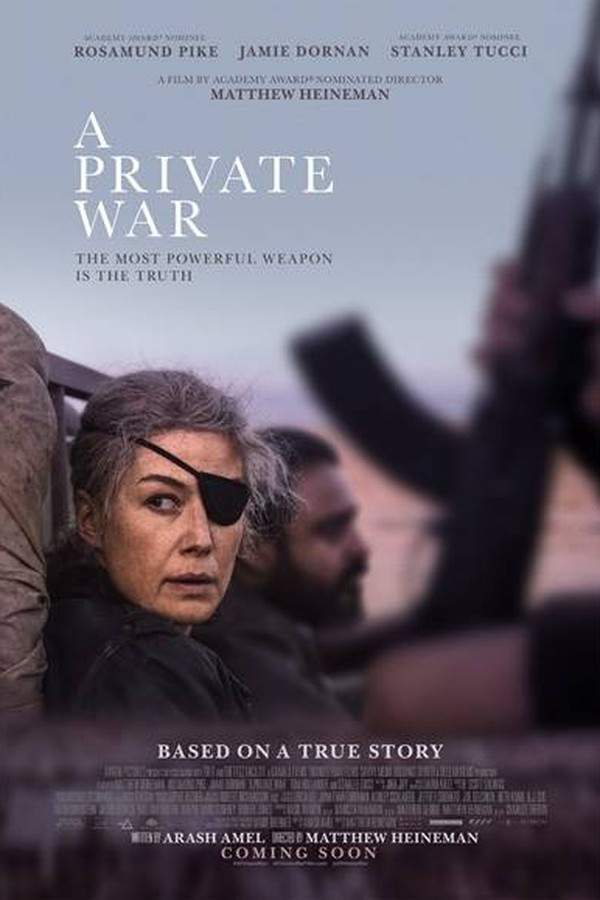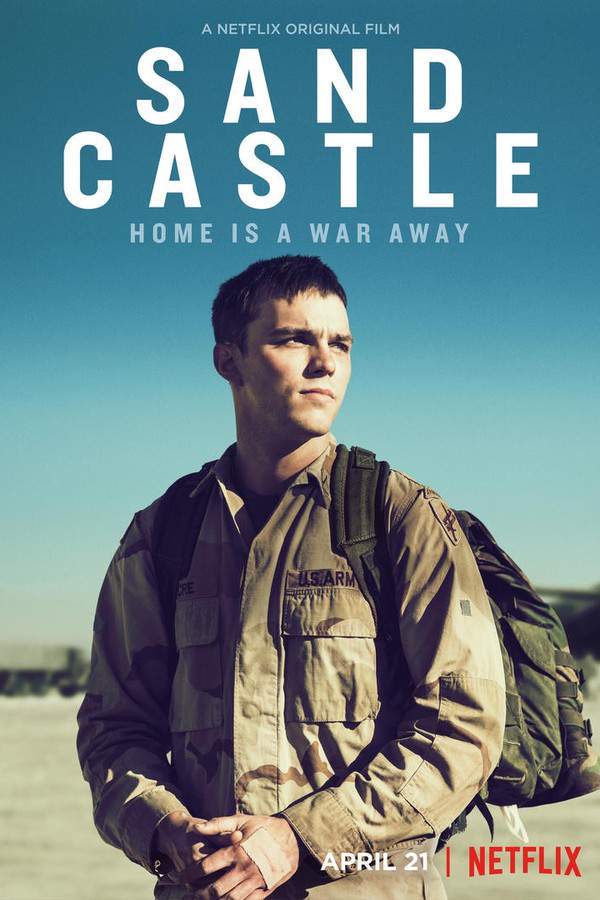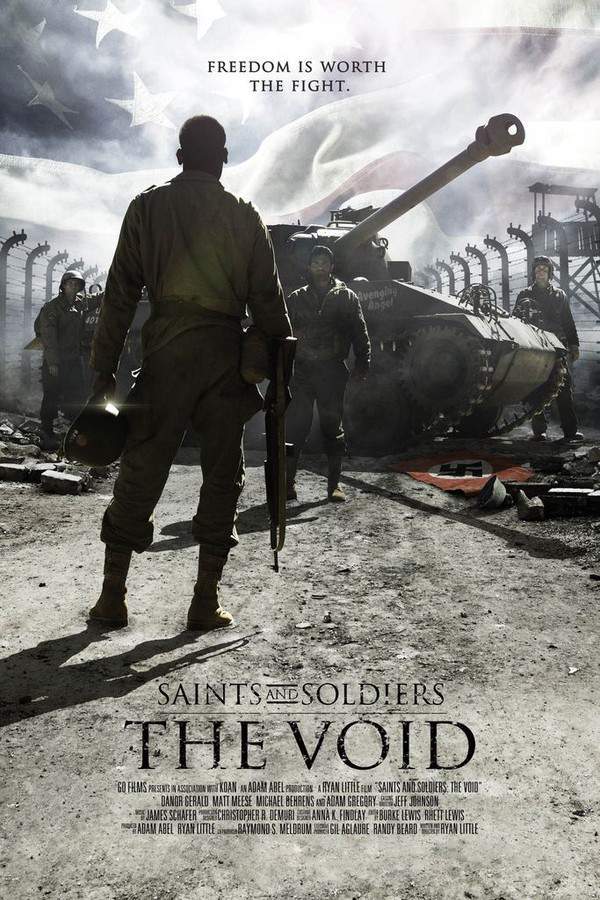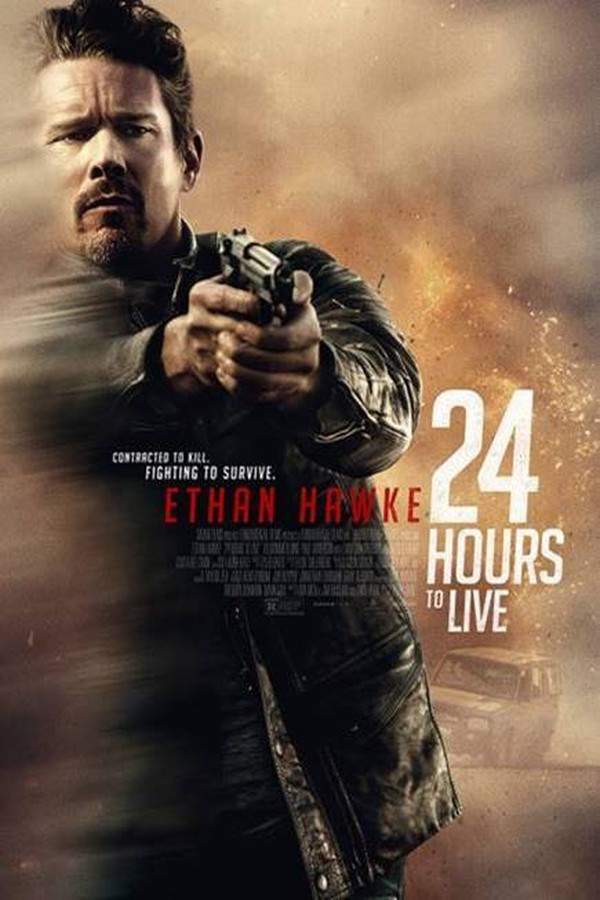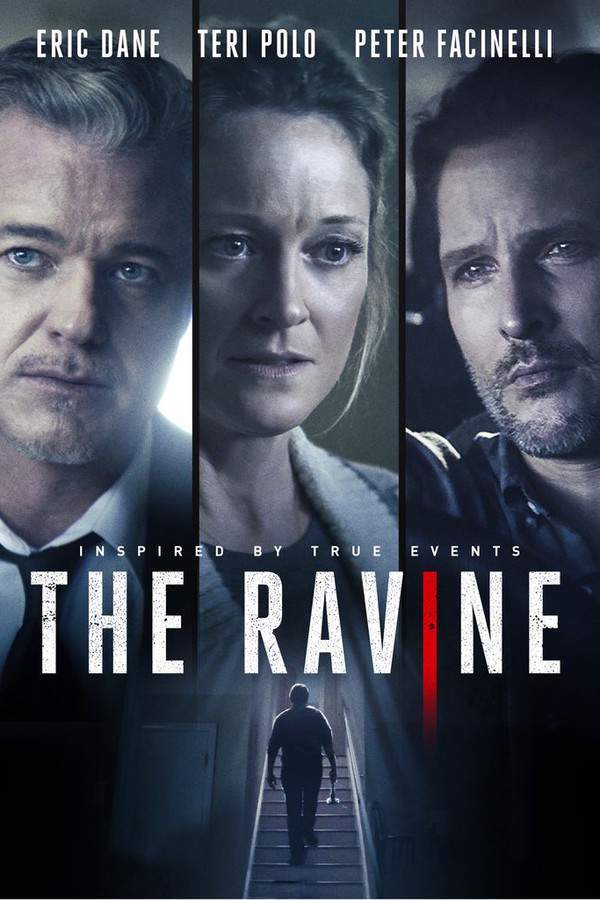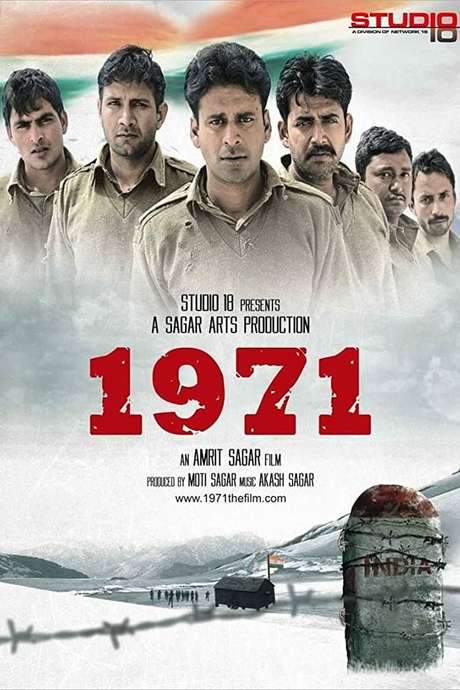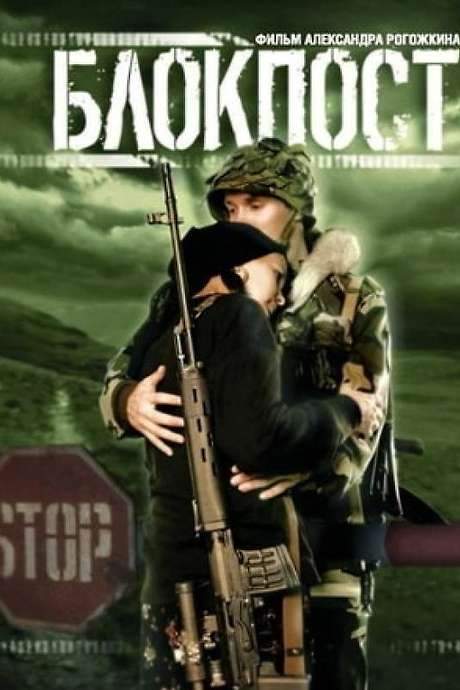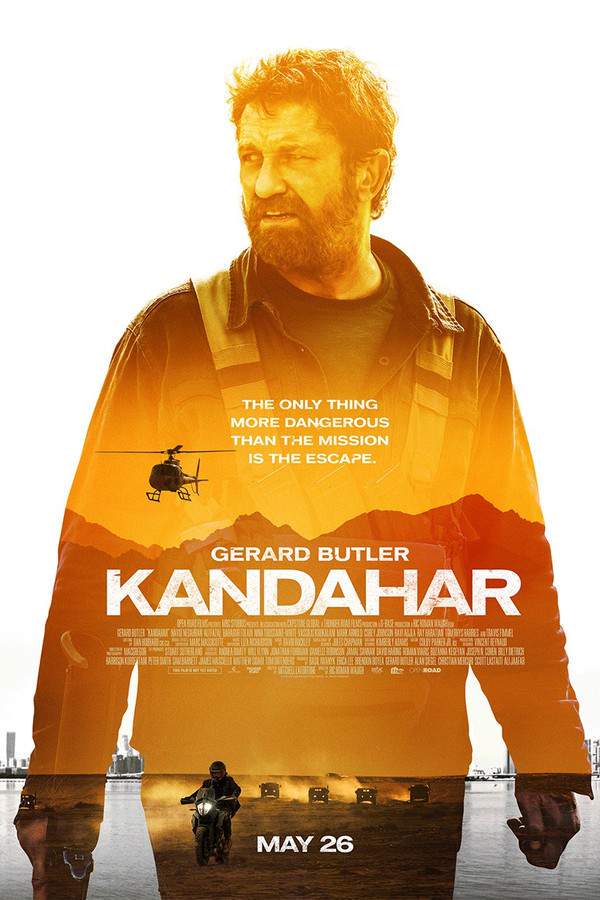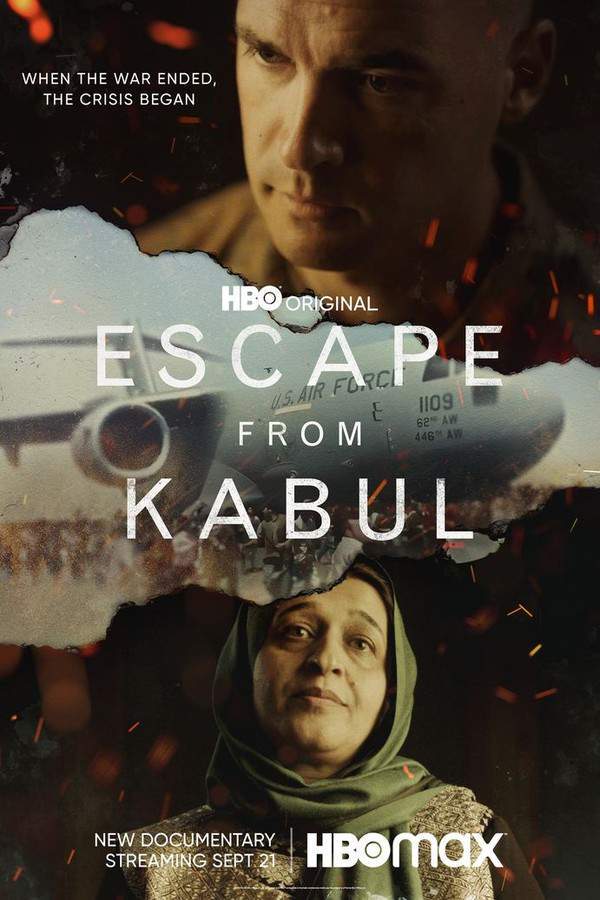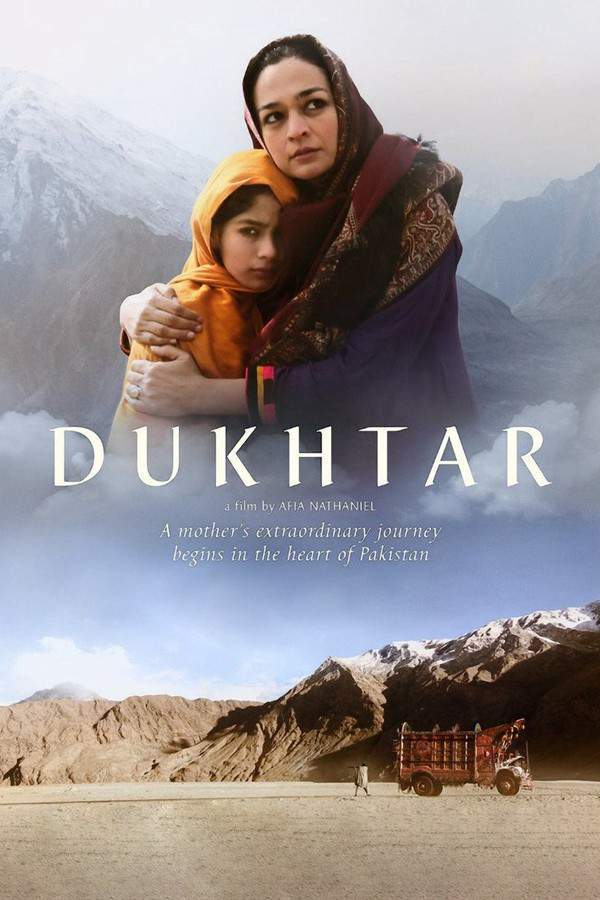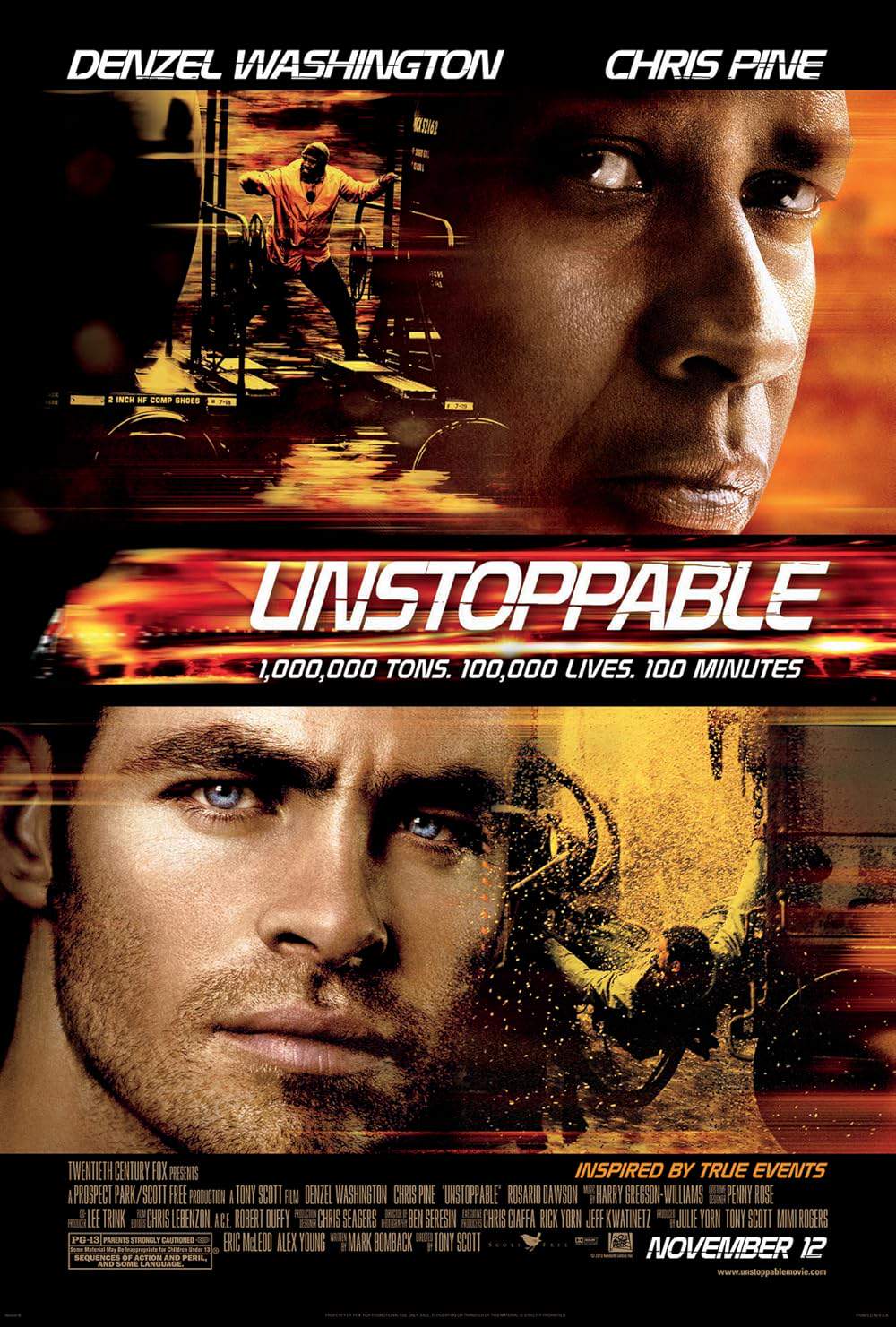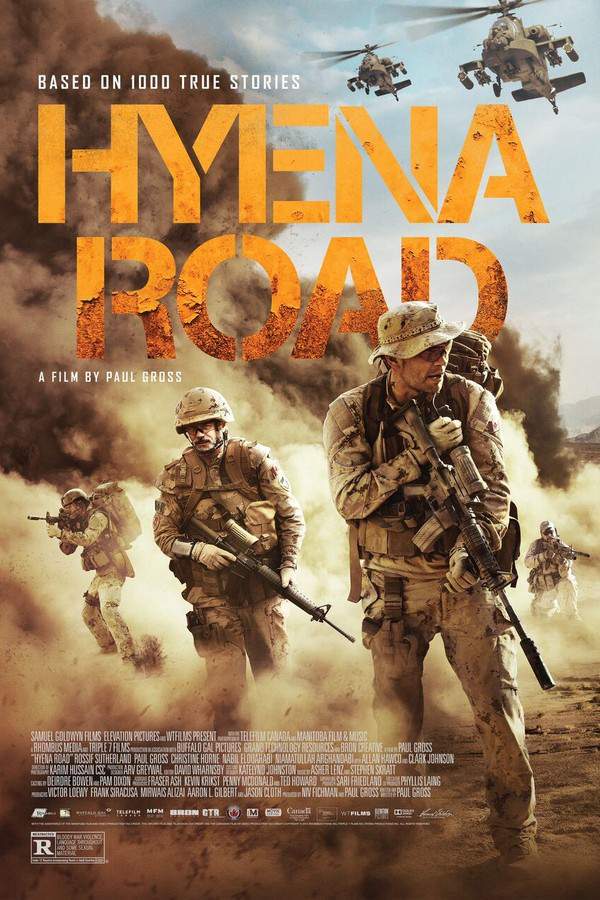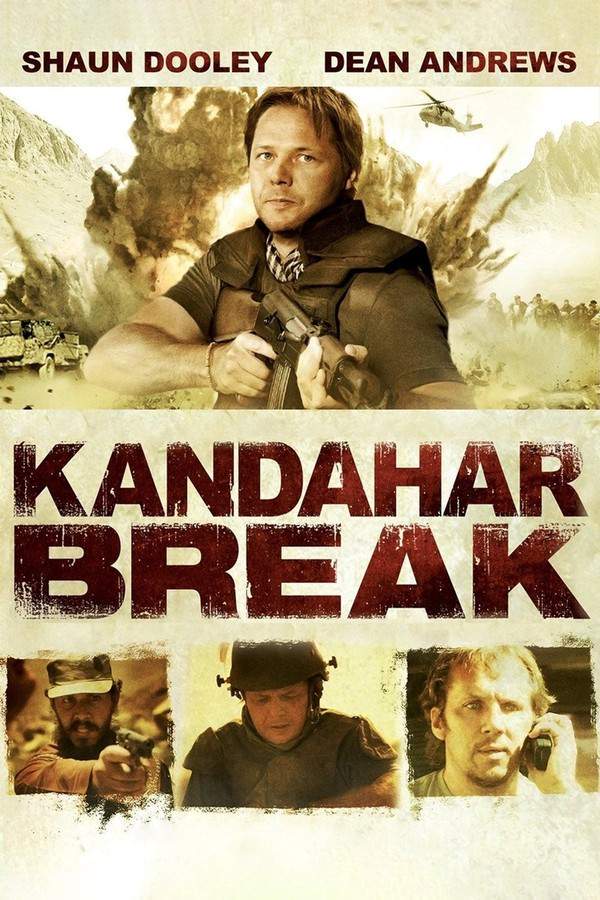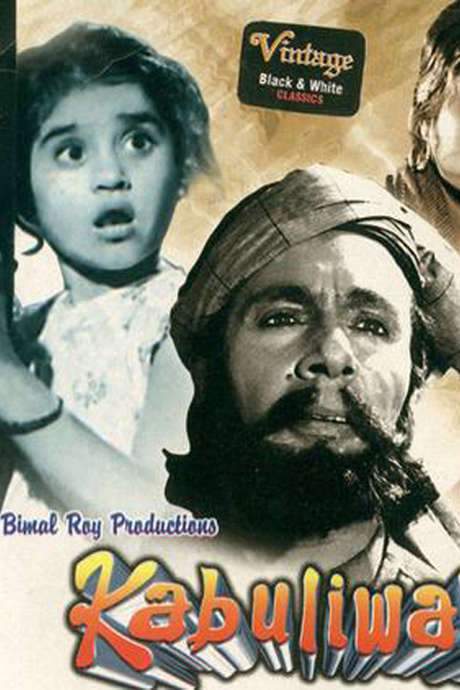
Kabul Express
Year: 2006
Runtime: 104 mins
Language: Hindi
Director: Kabir Khan
Five strangers—a pair of Indian journalists, an American reporter, their Afghan guide, and a Pakistani soldier who initially holds them hostage—are forced into a grueling 48‑hour trek across Afghanistan in a battered jeep known as the Kabul Express. Over the cramped ride, tension gives way to an unexpected camaraderie as they rely on one another to survive the perilous journey.
Warning: spoilers below!
Haven’t seen Kabul Express yet? This summary contains major spoilers. Bookmark the page, watch the movie, and come back for the full breakdown. If you're ready, scroll on and relive the story!
Kabul Express (2006) – Full Plot Summary & Ending Explained
Read the complete plot breakdown of Kabul Express (2006), including all key story events, major twists, and the ending explained in detail. Discover what really happened—and what it all means.
In the wake of the 2001 U.S.-led invasion, Suhel Khan and Jai Kapoor set out as Indian journalists to document the state of Afghanistan after the Taliban era. Based in Kabul and working for Star News, they embark on a long, winding journey through a country shaped by years of upheaval. They are joined by Khyber, a seasoned local taxi driver who has witnessed decades of conflict and knows every road, every rumor, and the quiet moments of fear that can erupt into danger at any moment. Along the way, they meet Jessica Beckham, an American photojournalist for Reuters, whose presence broadens the scope of their coverage and adds a fresh perspective to the harrowing realities on the ground.
As they leave the village of Ishtar, the group is suddenly held at gunpoint by Imran Khan Afridi, a former Taliban fighter who has disguised himself as a woman and is hidden in the back of their vehicle. He forces them to drive toward the Pakistan border, wielding threats of violence to compel compliance. The journey takes them through a mosaic of war-scarred towns, where the scars of years of conflict are visible in collapsing buildings, dusty streets, and the resilient, wary faces of survivors.
Amid the mounting tension, [Jessica Beckham] discovers that [Imran Khan Afridi] is not what he appears to be. He is revealed as Wassim Chaudhry, a Pakistani army officer who infiltrated Afghanistan during the Soviet–Afghan War and later aligned with the Taliban. The revelation shifts the dynamics of the group; the journalists are caught between the gravity of his past and the immediacy of their own peril. The truth behind Imran’s motives weighs heavily, intensifying the danger as their trust frays and the line between pursuit of truth and personal survival becomes increasingly blurred.
Their attempts to escape are thwarted when Imran regains control of the situation. A tense standoff unfolds, interrupted by the appearance of American soldiers who momentarily alter the balance of power. In a moment that feels almost cinematic in its moral ambiguity, Suhel negotiates with Imran to secure an interview, a risky decision that could expose uncomfortable truths or deepen the danger they already face. The interlude underscores the precarious nature of documenting conflict where “truth” is often a moving target and safety is never guaranteed.
The convoy presses onward toward the border, stopping at Imran’s former village, where he briefly reconnects with his wife and daughter. The moment is intimate and human, a stark reminder of the personal costs borne by those who inhabit the shadows of war. But the area soon erupts into violence as Mujahideen fighters ambush the group. Faced with the choice to flee or stand, Imran urges the others to escape while he stays behind to fight, a self-sacrificing decision that frames his complexities in the narrative.
As the road to Pakistan looms, Imran reaches the border alone and pleads with Pakistani soldiers to admit him. The soldiers refuse, and he is shot and killed while attempting to cross into Pakistan. The culmination of Imran’s arc—his contested loyalties, his decades of conflict, and his ultimate fate—leaves a haunting impression on the journalists who have been recording the story, as well as on the viewers who witness the consequences of international intervention, shifting alliances, and the human toll of war.
Throughout these events, the film cultivates a sober meditation on the challenges of frontline reporting. It threads together the perspectives of a diverse cadre of journalists—each with their own motives and methods—as they navigate a country trying to heal while still haunted by the ghosts of past decades. The travelers’ shared experience underscores how the pursuit of truth in a war zone is inseparable from risk, moral ambiguity, and the fragile threads that connect people across borders, families torn apart, and communities striving to rebuild amid the ruins.
Last Updated: October 09, 2025 at 16:29
Explore Movie Threads
Discover curated groups of movies connected by mood, themes, and story style. Browse collections built around emotion, atmosphere, and narrative focus to easily find films that match what you feel like watching right now.
Movies with unlikely alliances like Kabul Express
Opposing characters forced together on a perilous journey find common ground.If you liked the complex relationship dynamics in Kabul Express, explore more movies where enemies become temporary allies. These films feature characters from opposing sides forced into a journey, finding shared humanity amidst danger. Perfect for fans of tense, character-driven survival stories.
Narrative Summary
This thread follows narratives where a group of disparate, often antagonistic characters are confined to a shared space—like a vehicle or a trek—and must navigate external threats. The core drama comes from the shifting power dynamics and the gradual erosion of prejudice as survival becomes a shared goal.
Why These Movies?
Movies are grouped here based on the central plot device of a forced journey with opposing factions. They share a high-tension atmosphere, a steady pacing driven by external danger, and a heavy emotional weight that explores themes beyond simple good vs. evil.
Gritty war journey movies like Kabul Express
Harrowing journeys through conflict zones that expose the human cost of war.Find more films like Kabul Express that capture the tense, gritty experience of traveling through a war-torn landscape. These movies are intense, politically charged dramas and thrillers focusing on survival, journalism, and the human stories within conflict. Ideal for viewers seeking realistic, heavy war stories.
Narrative Summary
The narrative pattern is a linear, often claustrophobic trek across a dangerous landscape. Characters are typically outsiders—journalists, aid workers, or refugees—whose journey serves as a vehicle to expose the different facets of the conflict, culminating in a sobering and often tragic conclusion.
Why These Movies?
These films are united by their specific setting and mood: a high-intensity, anxious journey through a politically unstable environment. They share a gritty, somber tone, a steady pacing defined by the progression of the trek, and a heavy emotional focus on survival and loss.
Unlock the Full Story of Kabul Express
Don't stop at just watching — explore Kabul Express in full detail. From the complete plot summary and scene-by-scene timeline to character breakdowns, thematic analysis, and a deep dive into the ending — every page helps you truly understand what Kabul Express is all about. Plus, discover what's next after the movie.
Kabul Express Timeline
Track the full timeline of Kabul Express with every major event arranged chronologically. Perfect for decoding non-linear storytelling, flashbacks, or parallel narratives with a clear scene-by-scene breakdown.

Characters, Settings & Themes in Kabul Express
Discover the characters, locations, and core themes that shape Kabul Express. Get insights into symbolic elements, setting significance, and deeper narrative meaning — ideal for thematic analysis and movie breakdowns.

Kabul Express Spoiler-Free Summary
Get a quick, spoiler-free overview of Kabul Express that covers the main plot points and key details without revealing any major twists or spoilers. Perfect for those who want to know what to expect before diving in.

More About Kabul Express
Visit What's After the Movie to explore more about Kabul Express: box office results, cast and crew info, production details, post-credit scenes, and external links — all in one place for movie fans and researchers.

Similar Movies to Kabul Express
Discover movies like Kabul Express that share similar genres, themes, and storytelling elements. Whether you’re drawn to the atmosphere, character arcs, or plot structure, these curated recommendations will help you explore more films you’ll love.
Explore More About Movie Kabul Express
Kabul Express (2006) Scene-by-Scene Movie Timeline
Kabul Express (2006) Movie Characters, Themes & Settings
Kabul Express (2006) Spoiler-Free Summary & Key Flow
Movies Like Kabul Express – Similar Titles You’ll Enjoy
Kandahar (2023) Complete Plot Breakdown
Escape from Kabul (2022) Film Overview & Timeline
Dukhtar (2015) Spoiler-Packed Plot Recap
Unstoppable (2010) Spoiler-Packed Plot Recap
Hyena Road (2016) Ending Explained & Film Insights
Kandahar Break (2010) Story Summary & Characters
Kabullywood (2017) Full Movie Breakdown
Kaafir (1000) Ending Explained & Film Insights
The Journey to Kafiristan (2001) Story Summary & Characters
Afghan Breakdown (1991) Movie Recap & Themes
Afghan Knights (2007) Movie Recap & Themes
Kabuliwala (1961) Full Summary & Key Details
IC 814: The Kandahar Hijack (1000) Story Summary & Characters
Kabuli Kid (2009) Detailed Story Recap
13 Days, 13 Nights: In the Hell of Kabul (2025) Movie Recap & Themes

